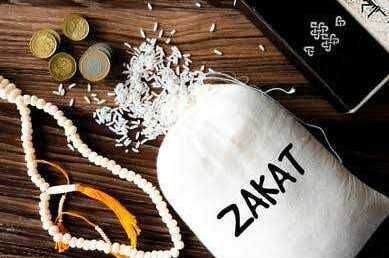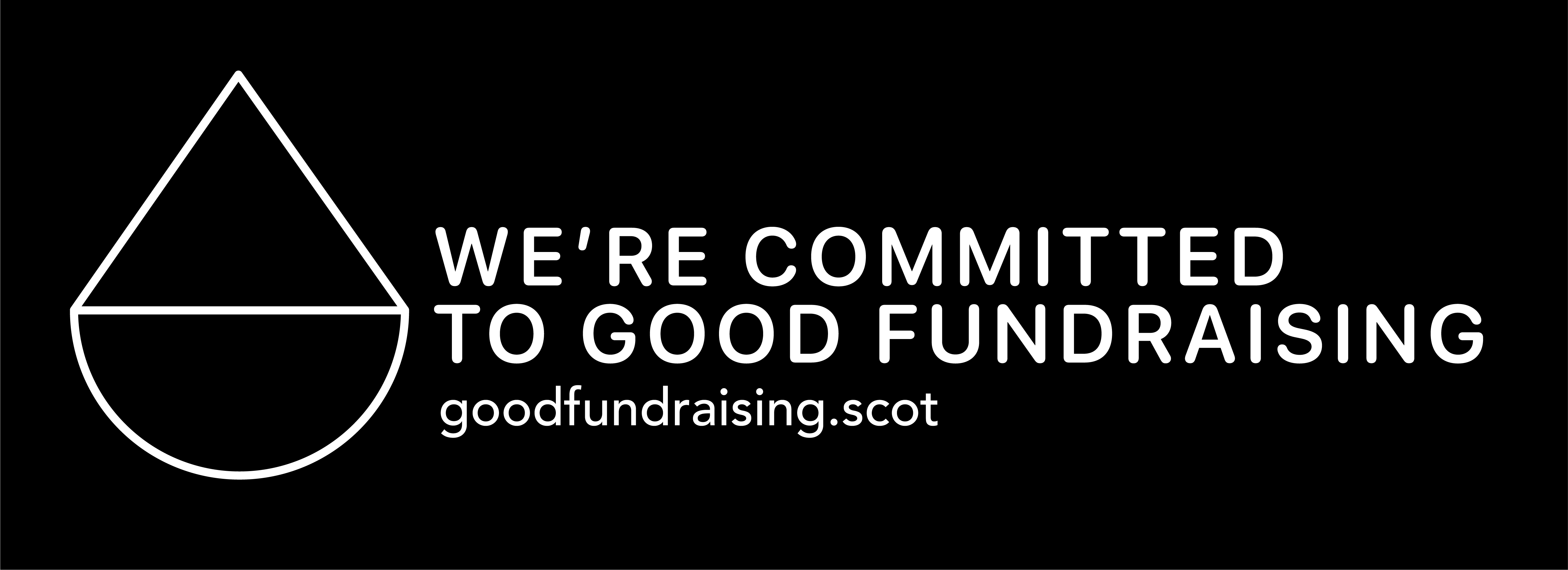He who sleeps on a full stomach while his neighbor goes hungry is not one of us." – Prophet Muhammad, on Him be peace.
This past year has challenged us all in many ways. Whether it was struggling with the restrictions in our lives limiting activities we took for granted, or being the victim of job loss due to the pandemic, 2020 showed us in many ways why we should cherish what we have and find new ways to help the many who are grappling with poverty. It’s important in life — and vital in Islam — to give back to our neighbors and to strangers who are battling through trying times. These can be struggles they were born into or unfortunately inherited later in life. Either way, the responsibility falls on all of us to lift each other up rather than turn the other cheek.
Giving back to humanity is the third pillar of Islam. Charity (or alms), also known as Zakat and Sadaqah in Arabic, is a fundamental teaching of Islam. Muslims must work to ensure those who don’t have the means to thrive are given what they need to survive. Generosity is a central theme in Islam that Allah gives to those He loves, and He guides us to refrain from attachment to material wealth. Everything we are given, including life, was gifted to us by Allah.
“Believe in Allah and His Messenger, and spend on others out of that of which He has made you trustees. For those of you who believe and who spend freely in God’s cause, for them, there shall be a great reward” (Quran 57:7).
The two important channels of giving through charity is by means of obligatory giving, known as Zakat, and voluntary giving, known as Sadaqah.
Zakat
Zakat comes from the purification, growth, and blessing of one’s wealth. One should give a set percentage (2.5%) of their wealth based on their yearly earnings and give that percentage to those in need. This is usually set aside as what one expects to give whether through donation to charities or their Masjid.
Prophet Muhammad, on Him be peace, said, “Charity is obligatory every day on every joint of a human being. If one helps a person in matters concerning his riding animal by helping him to ride it or by lifting his luggage on to it, all this will be regarded as charity. A good word, and every step one takes to offer the compulsory congregational prayer, is regarded as charity; and guiding somebody on the road is regarded as charity.’ ”
Sadaqah
Sadaqah is a voluntary form of charity that reflects the notion of righteousness or truth, endowing acts of giving with moral agency. This can come from an act of helping at a food/clothing distribution, giving to a homeless person, or general acts kindness. Sadaqah is more appropriately given discreetly to those in need rather than for the purpose of public acknowledgement
If you disclose your charitable expenditures, they are good; but if you conceal them and give them to the poor, it is better for you, and He will remove from you some of your misdeeds [thereby]. And Allah, of what you do, is [fully] Aware” (Quran 2:271).
Protect One’s Self from Calamity
Both Zakat and Sadaqah are vital elements into the embodiment of a Muslim. This sacrifice guarantees protection from tragedy and misfortune.
The Prophet said: “Give charity without delay, for it stands in the way of calamity” (Al-Tirmidhi).
As the old saying goes, “it is always better to give than to receive.” There are many ways to give back to the community, families, and friends. One can help mow an elderly neighbor’s lawn, bring a cousin out of debt, or help a friend get to work. Even when one has little to give, the gift of a smile is the greatest charity of all.



